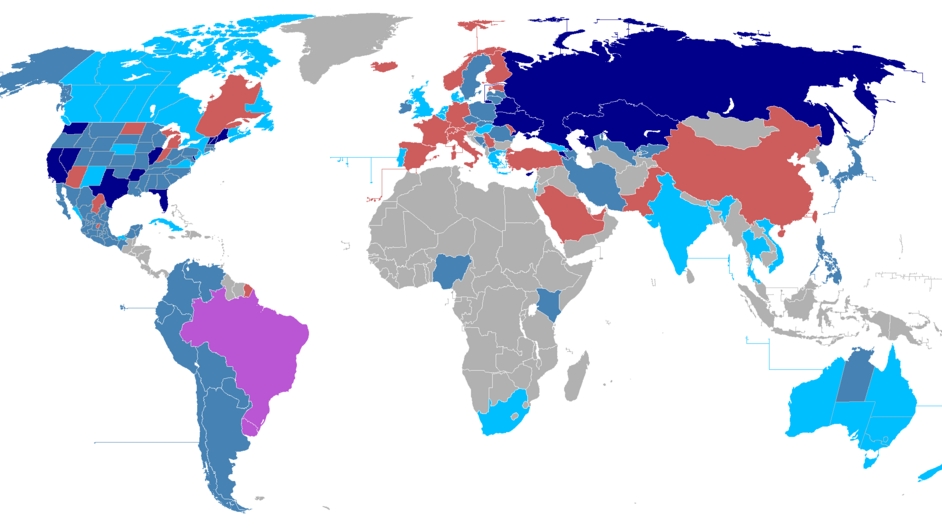
A broader discussion on Assisted Human Reproduction (AHR) technology is developing across Europe as the dawn of 2024 ushers in the legalization of same-sex marriage in Estonia. The legal environment surrounding these delicate issues is still evolving, and in many European nations, a ban on both commercial and non-commercial surrogacy has resulted from serious concerns. The discussion of surrogacy is entwined with that of techniques like In Vitro Fertilization (IVF).
Regulating Human Assisted Fertilization
Successive governments have been considering legislation to regulate AHR, a delicate issue that impacts the lives of many people. The assumption was that a law would be passed sooner rather than later. However, the legal discourse is still shaped by the complexities surrounding AHR practices, which are steeped in social, legal, and interpersonal considerations. These actions are a continuation of ongoing efforts to protect the rights and well-being of all parties involved in fertility agreements, including the parents, intended parents, and the offspring of these systems.
The Progressive Stance of Estonia
Estonia, which legalized same-sex marriage on the first day of 2024, is at the forefront of change. The nation’s position on LGBT rights has undergone a remarkable transformation, placing it 25th out of 49 nations in Europe in terms of LGBT laws. In 2023, the fully implemented provisions of the Registered Partnership Act, which was passed in 2016, went into effect. Importantly, trans Estonians are allowed to change their legal sex while still being married.
Surrogacy and War in Ukraine
Biological mothers are now more in demand as a result of the conflict in Ukraine. Since the Russian invasion, a large number of Russian women have fled to other countries, depleting the pool of potential surrogate mothers. This year, about 450 babies are expected to be delivered at the BioTexCom clinic, a significant facility for gestational IVF before the war. The clinic is exploring options in other former Soviet republics and possibly elsewhere in light of a lack of women and flight restrictions. According to the clinic’s medical director, women who choose to become surrogate mothers do so out of necessity and with their informed consent.



